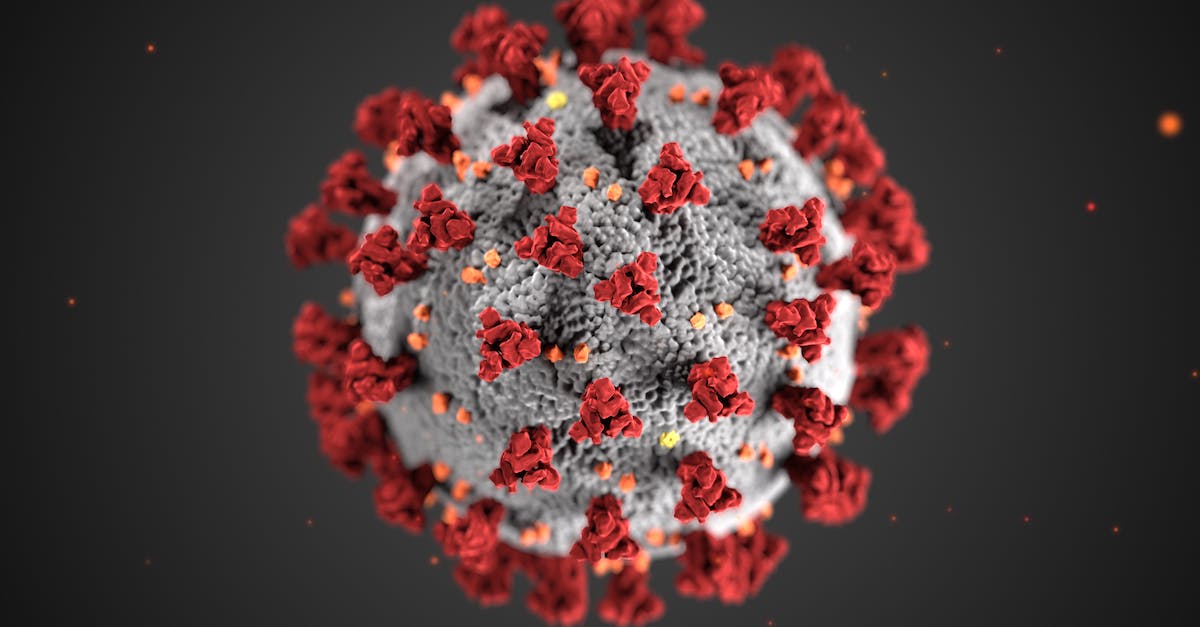
Written by: Alex Chen · Expert in Technology, Personal Finance, Travel
Published: February 16, 2024
We strive to provide well-researched, factual content. If you notice any errors, please contact us.

Respiratory Syncytial Virus (RSV) is a common viral infection that affects the respiratory system, especially in young children. Understanding the causes, symptoms, and treatment of RSV is crucial in order to prevent its spread and manage its effects.
RSV is caused by the respiratory syncytial virus, which belongs to the paramyxovirus family. It is highly contagious and can be transmitted through direct contact with respiratory secretions, such as saliva or nasal mucus, of an infected person. It can also spread through droplets when an infected person coughs or sneezes. Additionally, RSV can live on surfaces for hours, making it easy for the virus to spread.
The symptoms of RSV can vary depending on the age and overall health of the affected person. In infants, the symptoms may include cough, wheezing, fever, runny nose, and difficulty breathing. In older children and adults, the symptoms are usually milder and resemble those of a common cold.
Currently, there is no specific treatment for RSV. Most cases of RSV can be managed at home with supportive care, such as ensuring proper hydration, using a humidifier to moisten the air, and providing over-the-counter medications to alleviate symptoms like fever and nasal congestion. In severe cases, hospitalization may be required to provide oxygen therapy or other treatments to support respiratory function.
Prevention is key when it comes to RSV, especially for those at high risk, such as premature infants, infants with chronic lung disease, and older adults with weakened immune systems. The following measures can help prevent the spread of RSV:
Respiratory Syncytial Virus (RSV) is a common viral infection that primarily affects young children. Understanding the causes, symptoms, and treatment of RSV is essential in order to prevent its spread and provide appropriate care. By following preventive measures and seeking medical attention when necessary, we can effectively manage the impact of RSV on individuals and communities.

Written by: Alex Chen · Expert in Technology, Personal Finance, Travel
Published: February 16, 2024
We strive to provide well-researched, factual content. If you notice any errors, please contact us.